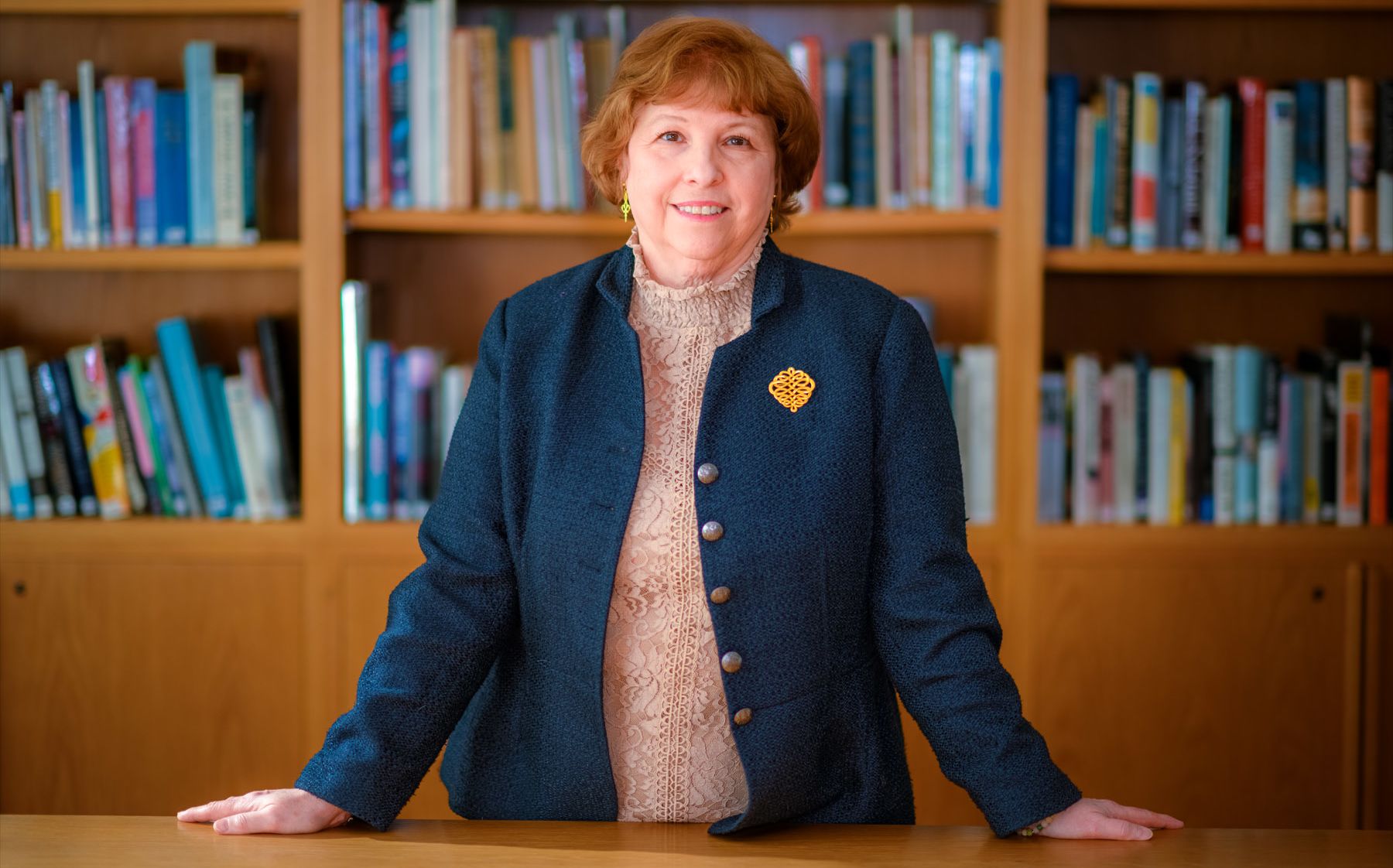On the Record: At USM in Portland, institute offers lifelong learning for older adults
 Photo / Jim Neuger
Donna Anderson, director of the Osher Lifelong Learning Institute at USM, describes it as “a welcoming place where people over 50 can take classes for fun and make friends.”
Photo / Jim Neuger
Donna Anderson, director of the Osher Lifelong Learning Institute at USM, describes it as “a welcoming place where people over 50 can take classes for fun and make friends.”
Donna Anderson is the director of the Osher Lifelong Learning Institute at the University of Southern Maine in Portland, which offers classes and workshops to students 50 and older. OLLI has about 125 instructors and expects around 1,400 members to register for the spring session.
Mainebiz: What prompted your career path from museum director to OLLI?
Donna Anderson: When I became the museum coordinator (director) at the Yager Museum of Art & Culture at Hartwick College [in Oneonta, N.Y.], I became part of an academic community, teaching undergraduate classes in museum studies, developing exhibitions from that museum’s collection, and working with faculty colleagues on ways to integrate the museum into the curriculum. When I left that job to move to Maine, I found that I missed the energy and community of academia and wanted to return to it, re-engaging with people passionate about ideas in many disciplines.
Mainebiz: How do you define lifelong learning?
DA: Lifelong learning is tied to curiosity about the world and an eagerness to explore. People may want to take courses or workshops in traditional academic disciplines, while other people find satisfaction learning more about practical pursuits like gardening, writing, or investigating the natural world. Our more formal offerings are complemented by informal learning and socializing in Special Interest Groups, which are like clubs focused on activities such as walking, hiking, bike riding, skiing, playing recorders or ukuleles, singing, making art, acting or taking photographs. Some groups play bridge, read and discuss science or history books, or do wine-tasting. All of these activities provide physical and mental wellness, and the social connections combat loneliness.
MB: What can you say about the make-up of the student body?
DA: OLLI members are native or long-term Mainers as well as people who are drawn to the Portland area in retirement. Some members want to continue to pursue things they cared about during their careers (science, law and politics, or subjects they taught in schools), while many members find that they now have time in retirement to dive into disciplines they set aside during their professional life — literature, art history, history, film, music, languages, etc. Our average member is 72 years old and retired, though we have both younger and older members as well.
MB: And the instructors?
DA: All instructors are volunteers who are passionate about sharing ideas and expertise about topics about which they care. Some instructors are retired professors or teachers, others are former business leaders or professionals, and others are people who are so engaged and excited about a topic or activity that they want to share it with others.
MB: In your experience, what differences do you see in younger versus older learners?
DA: Undergraduates are just starting their life journey and as educators, creating the building blocks for lifelong learning. Undergraduates tend to see professors as authorities and may be unsure about challenging them about content or approach. They are learning with the goal of earning a degree and their performance is assessed through tests and projects and tracked through attendance. On the other hand, OLLI has no grades, no tests, and no attendance requirements, so members do not feel the same pressure to perform as younger students. They also have had a lifetime of career and life experience, which they bring to the classroom. They tend to be confident in sharing their ideas and more inclined to see the instructors as facilitators for discussion in which they actively participate.
MB: What classes or subjects are most popular?
DA: Our members tell us that they want more classes related to art and art history, history and current affairs and politics. The classes that fill most quickly are those related to Portland and Maine history, discussion groups related to literature, explorations of art historical themes, and film classes from mysteries to science fiction. In general, the most interactive courses are the most popular.












0 Comments